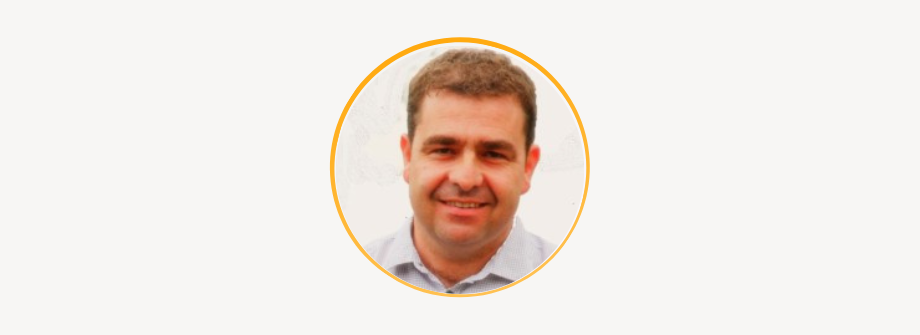
Inspectors are the backbone of JACIE; without them, there is no accreditation process. Becoming an inspector is a wonderful way to contribute to maintaining global quality standards. As the number of JACIE applications has increased, we are constantly looking for new inspectors to join our ranks. At the moment, we are particularly keen to hear of German, French and Spanish speaking Clinicians and Quality Managers.
Each month, you will have the opportunity to meet with one of our JACIE Inspector who will share his/her experience.
Read our interview with Nick van Sinderen, Quality Advisor, Department of Haematology for JACIE and CAR-T, University Medical Center in Köln, Germany.
Nick, could you please introduce yourself and your role(s) and position(s) within EBMT and outside of EBMT
Hi, my name is Nick van Sinderen and since 2015 a JACIE inspector for Quality Management (QM). From 2015 to 2020 I have also been member of the EBMT Quality Management Committee. I work at the University Medical Center in Cologne (UK Köln) as quality advisor in the department of Haematology for JACIE and CAR-T.
Why did you decide to become a JACIE inspector?
Curiosity and growth in my profession. A JACIE inspector, especially in QM, is involved in every part of the always developing cell journey (SCT, CAR-T). Basically, the main challenge a QM inspector faces is to translate the standards to daily practice and vice versa. Especially these days and in future it has become more and more challenging with the constantly growing number of companies that are involved in producing the ATMP’s often bringing their own views and regulations that not always fit the “bedside” approach that JACIE has. The views I have on this topic do, by the way, not fit the number of words allowed for this news article!
What has been the most memorable inspection that you have ever done?
Just before the Covid pandemic I was asked last minute to participate in an inspection in Saudi Arabia with inspectors from Norway, England, Saudi Arabia and Jordan. Both the team as well as the people from the hospital were great and I learned a lot during these few days. Especially about the importance about transparency in adverse events, annual education and cultural differences.
What ‘keys to successful JACIE accreditation’ can you share with us?
Key to a successful JACIE accreditation is the awareness that you are a guest in the hospital that has done loads of work to get to where they are. It is important to know that you are not there to hand out yellow and red cards in observations but to constructively use your knowledge and experience to add possible value to their daily routine. With that approach you will experience the most cooperation and transparency in the interviews.
How has your career/work benefited from being a JACIE inspector?
Yes, in many ways. Actually, I got my current job in Cologne through a JACIE inspection. The network you are able to build can be very valuable and because you see how other hospitals are organised and you use your own experience too. A win-win situation is created automatically. It is never a one-way street. In England and Holland for example there are also large networks of Quality Managers that often are inspectors too who exchange information and experiences on a regular base. That is a huge benefit.
Do you have any tips or advice for anyone who aspires to become a JACIE Inspector?
Don’t hesitate to grab the opportunity because you and your hospital will benefit. And don’t let the term “Volunteer” fool you. Yes, you only get paid your travel, hotel and expenses. But, your hospital benefits in financially, you (and thus your hospital) expands knowledge and it is professionally organised. The most important feature that distinguishes JACIE from others which is that you already work in a hospital and know “by nature” what is important for patient, medical team and supportive care. This makes it so much easier to communicate with everyone involved and often prevents misunderstandings and unnecessary discussions during inspections.